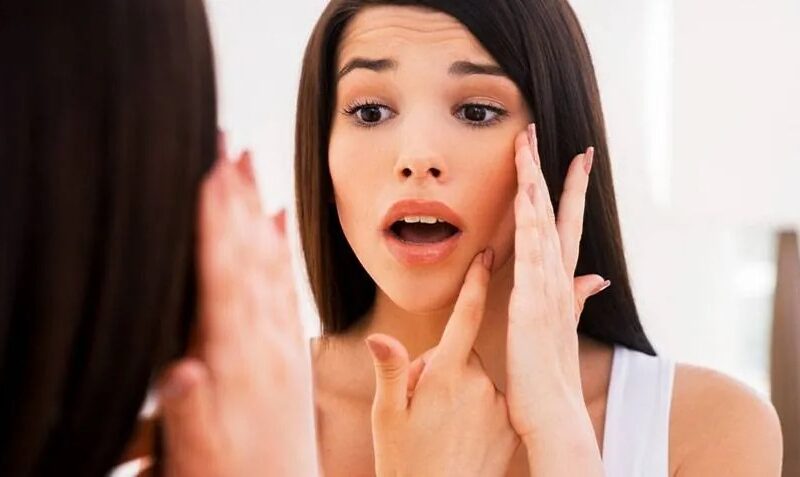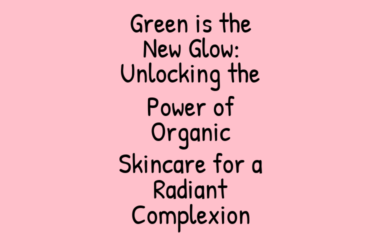Table of Contents
The Truth About Dark Spots: Is It Really Just a Matter of Age?
Dark spots, also known as hyperpigmentation, are a common skin concern that can affect people of all ages. While it’s true that age can play a role in the development of dark spots, it’s not the only factor at play. In this article, we’ll delve into the causes of dark spots and explore the various factors that contribute to their formation.
Age-Related Factors
As we age, our skin’s natural process of producing melanin, the pigment responsible for skin color, slows down. This can lead to a buildup of melanin in certain areas, resulting in dark spots. Additionally, the skin’s natural ability to regenerate and repair itself also slows down with age, making it more prone to damage and discoloration. This is why dark spots are more common in older adults, particularly those with fair skin.
Sun Exposure
Sun exposure is another significant contributor to the development of dark spots. When the skin is exposed to UV radiation, it produces more melanin as a natural defense mechanism to protect itself from further damage. This can lead to an overproduction of melanin, resulting in dark spots. Frequent and prolonged sun exposure, especially during peak hours, can increase the risk of developing dark spots.
Genetics
Genetics can also play a role in the development of dark spots. Some people may be more prone to hyperpigmentation due to their genetic makeup. This is why dark spots can run in families, and some people may be more likely to develop them than others.
Medical Conditions
Certain medical conditions, such as melasma, vitiligo, and acanthosis nigricans, can also cause dark spots. These conditions can lead to an overproduction of melanin, resulting in dark patches on the skin. Hormonal fluctuations, pregnancy, and menopause can also trigger these conditions, leading to the development of dark spots.
Skin Care and Cosmetic Products
Using skin care and cosmetic products that contain harsh ingredients, such as hydroquinone, can also cause dark spots. Hydroquinone is a common ingredient in skin lightening products, but it can have adverse effects, including the development of dark spots and discoloration. Additionally, using products that contain high concentrations of retinoids, alpha-hydroxy acids, and beta-hydroxy acids can also cause dark spots, especially if used in excess or without proper sun protection.
Other Factors
Other factors that can contribute to the development of dark spots include:
- Inflammation: Chronic inflammation can cause the skin to produce more melanin, leading to dark spots.
- Smoking: Smoking can reduce blood flow to the skin, leading to a buildup of melanin and the development of dark spots.
- Poor Diet: A diet lacking essential nutrients, such as vitamin C, vitamin E, and omega-3 fatty acids, can contribute to the development of dark spots.
- Stress: High levels of stress can cause hormonal imbalances, leading to the development of dark spots.
Conclusion
In conclusion, dark spots are not just a matter of age. While age can play a role, it’s not the only factor at play. A combination of genetic, environmental, and lifestyle factors can contribute to the development of dark spots. By understanding the causes of dark spots, individuals can take steps to prevent and treat them, such as using sunscreen, avoiding harsh skin care products, and maintaining a healthy lifestyle.
Recommended Products
-
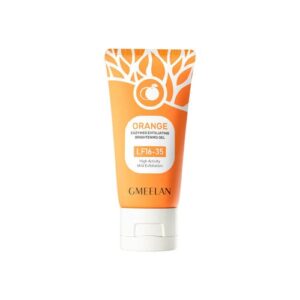 Gmeelan Orange Enzymes Exfoliating Brightening Gel – 50gKD4.500
Gmeelan Orange Enzymes Exfoliating Brightening Gel – 50gKD4.500 -
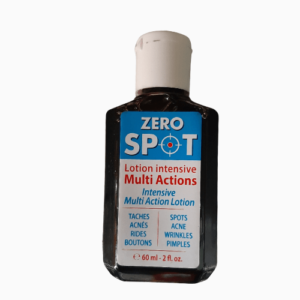 Zero Spot Lotion 60ml | Clear & Even SkinKD5.000
Zero Spot Lotion 60ml | Clear & Even SkinKD5.000 -
Product on sale
 You Glow Babe Beauty White REJUV SETOriginal price was: KD8.000.KD6.000Current price is: KD6.000.
You Glow Babe Beauty White REJUV SETOriginal price was: KD8.000.KD6.000Current price is: KD6.000. -
 Prestige Kagayaku Bleaching Soap 75gKD2.000
Prestige Kagayaku Bleaching Soap 75gKD2.000 -
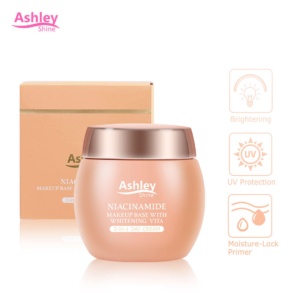 Ashley Shine Niacinamide Whitening 3 in 1 Day Cream – 50gKD4.000
Ashley Shine Niacinamide Whitening 3 in 1 Day Cream – 50gKD4.000 -
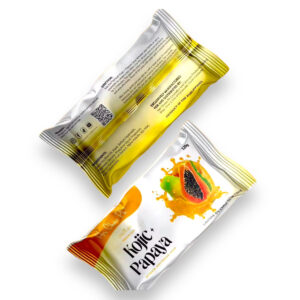 Her Choice Kojic Papaya Soap 120gKD2.500
Her Choice Kojic Papaya Soap 120gKD2.500 -
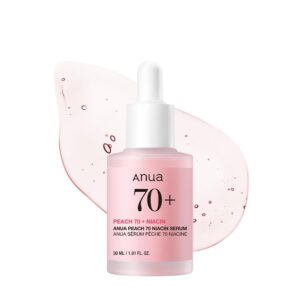 Anua Peach 70 Niacin Serum 30mlKD8.000
Anua Peach 70 Niacin Serum 30mlKD8.000 -
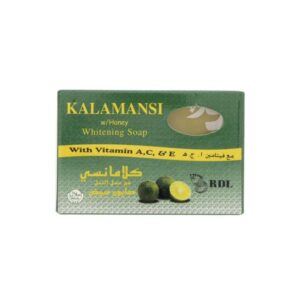 RDL Kalamansi Whitening Soap – 135gKD1.250
RDL Kalamansi Whitening Soap – 135gKD1.250 -
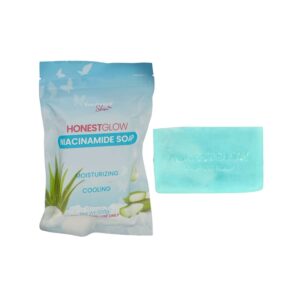 Honest Glow Niacinamide Soap by Transformed Skin 100gKD2.500
Honest Glow Niacinamide Soap by Transformed Skin 100gKD2.500

